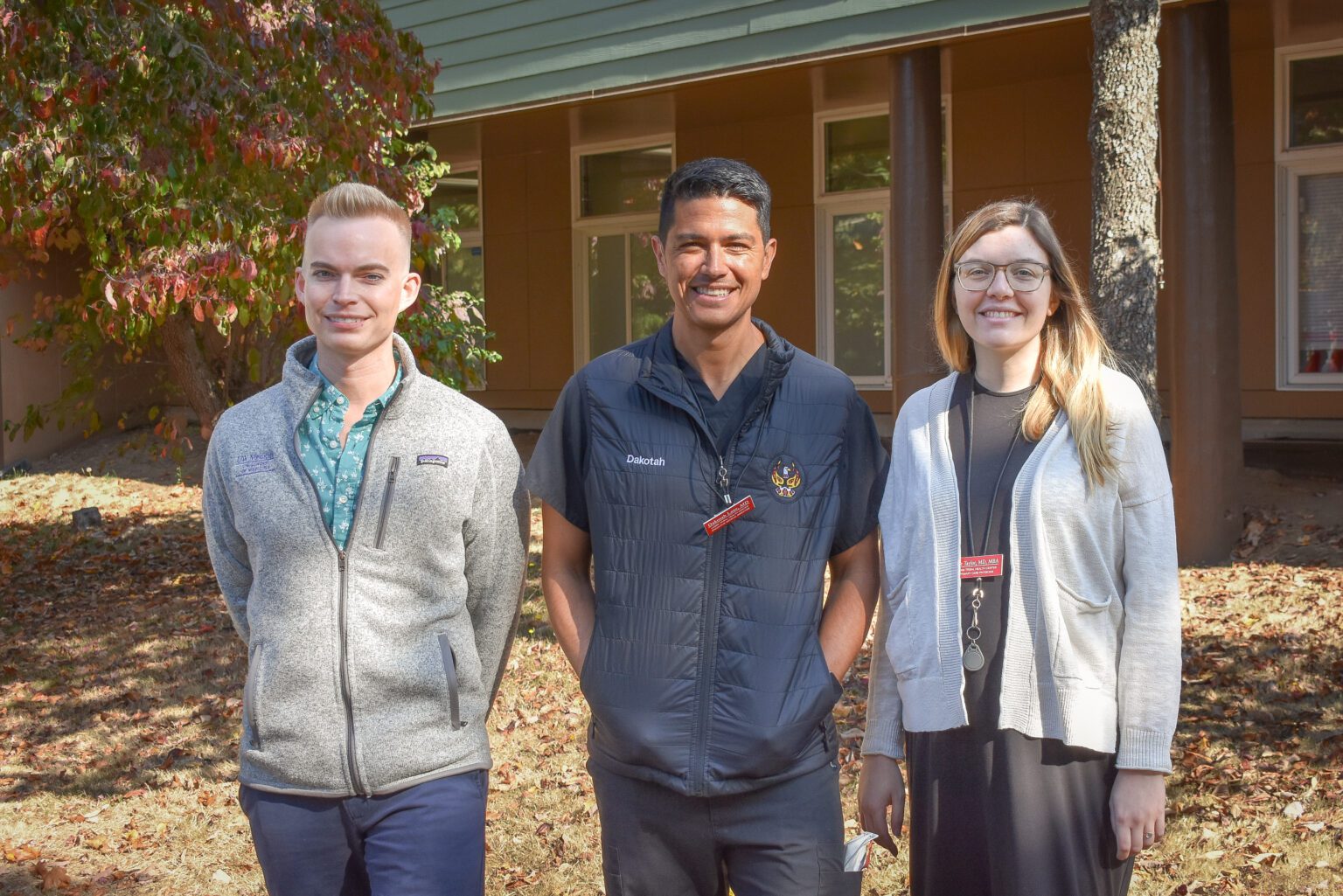Lummi Nation finalized a partnership with the University of Washington School of Medicine to provide training opportunities for UW medical students at the Lummi Tribal Health Center. The legal contract, which was created last October, puts into writing an already existing agreement between the Lummi Nation and UW.
“It’s an important need to have exposure of medical students to tribal health systems,” said Dr. Dakotah Lane, director of the Lummi Tribal Health Center.
The partnership allows UW medical students to participate in four-week clerkships at the health center guided by the UW medical school’s Indian Health Pathway program.
The program “provides a unique educational experience for the medical student” that involves “immersion clinical experiences in medical practices that serve the American Indian/Alaska Native communities,” according to a program flyer.
The tribe and the university will also coordinate a COVID-19 vaccine research program and residencies for UW psychiatry students, Lane said.
The program will introduce medical students to Lummi Nation’s “unique healthcare model” of “comprehensive, integrated care,” Lane said. “We offer a lot of services from just routine medical services to physical therapy to lab to dental services to social work, and now psychiatry. And this is all under one roof.”
The program will also serve to enhance cultural competency for doctors treating Indigenous patients, said Millie Kennedy, tribal liaison for the Indian Health Pathway program.
“Students gain access to … traditional and culturally appropriate ways of communicating and helping the patient,” Kennedy said.
Through the program, students will gain knowledge and understanding of the tribe’s customs and approaches.
“Every tribe has a different personality,” Kennedy said. “Every tribe has its own way of dealing with their tradition, culture and their way of healing.”
The contract protects both sides of the partnership from liability without compromising tribal sovereignty, Kennedy said. In addition to these legal protections, the agreement establishes protocols for background checks and ensures that students abide by confidentiality regulations.
“It’s also making our partnership more substantial so that we can get into the routine of sending more students to the Lummi Nation to rotate once we get into the groove of it in the future,” she said.
The partnership supports broader efforts to ameliorate a shortage of Indigenous doctors in Washington.
“When Lummi offers to teach our Native students and our non-Native students that rotate to their clinic, they’re really helping to combat that problem,” Kennedy said.
This disparity also manifests within the UW medical school, where 33 of about 1,000 students are Indigenous, she said. The underrepresentation of Indigenous students at the medical school is especially severe considering that UW operates the main medical school in Washington, Wyoming, Alaska, Montana and Idaho, she added.
“At this snapshot in time, we only have five Natives from Washington tribes [at the UW medical school],” Kennedy said. Because of this underrepresentation, Kennedy works to recruit Indigenous middle and high school students into medical programs and support Indigenous medical students as they pursue their degrees.
Kennedy hopes the opportunities provided to Indigenous medical students by the Lummi partnership will reduce the “significant shortage” of Indigenous doctors, she said.
“Also, Lummi has an opportunity to look at those students in the future when they become doctors,” Kennedy said. “They’ll already know them because the student will have rotated there.”


